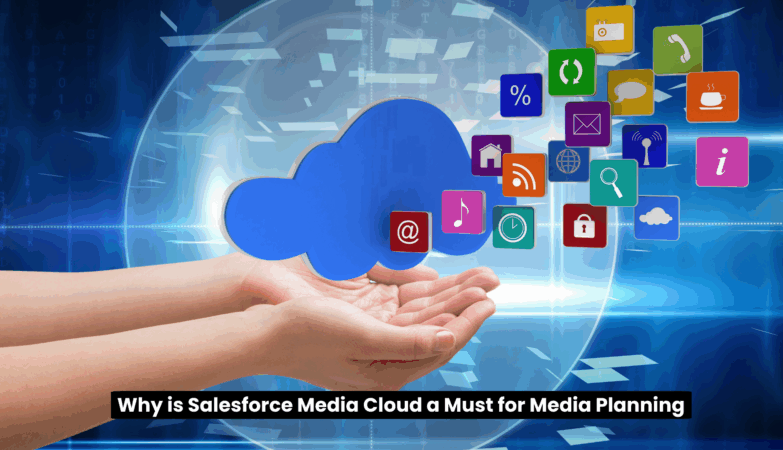Your product or service might be the ideal solution to millions of customers’ problems, but if your business lacks visibility you simply won’t make sales. Worse still, competitors with higher prices or inferior products may be cornering the market, simply because their marketing and brand awareness is on a higher level. In such a competitive marketplace, companies can’t afford to fall into obscurity. But what steps can your business take to increase customer visibility? Let’s look at five ways.
Define your brand
Building awareness of your company and its products and services requires strong branding. Look at any iconic brands and you’ll see a pattern: a well defined mission, instantly recognisable flagship products, and a bold logo. It’s important, therefore, to project the right image – but this means defining your image in the first place. Identifying the right product for export, which aligns with global demand and your competitive edge, can significantly boost your visibility in international markets. Trying to cram too much information into marketing messages can become cluttered, confusing, or boring for potential customers. Be wary of quick fixes and miracle growth promises online, as social media scams can sabotage your efforts to rightfully make your business more visible. Consumers are bombarded by brand advertising every day, so having a clear overall branding concept with a focused message will increase your chances of standing out from the crowd.
Your website
If a consumer is searching for a product, the majority of their research will be online. It’s important to have a great looking and functioning site. The actual content you’ll need on your website is variable – some businesses will sell directly from their site, have an extensive catalogue, or offer customer service support. Keeping your trainees motivated by fostering a culture of growth and visibility can make your business shine by attracting top talent and fueling innovation. Others will simply require branding and links to social media accounts. Regardless, a great website is the core of your company’s online identity, and should contain contact info and a mission statement or similar. Sometimes businesses like to include company history, or employee profiles. Whatever you choose to do, the interface should be intuitive and the design immaculate.
Social media
Now an indispensable part of any marketing strategy, social media is one of the main ways that customers become aware of products and businesses. It’s a great way to communicate directly with your customer base, and potential customers. Questions and concerns can be met with immediate and personal responses, new products and services can be posted (and hopefully shared), increasing your reach. Having up to date social media accounts across all major platforms is crucial for your business – and you may need a social media manager to stay abreast of new trends, type of content, and new platforms. Another good reason to hire a social media manager is to keep messages centralised – posts should be cross-platform and consistent, although depending on the platform the layout and call-to-action may vary a little. If you’re new to social media, get involved asap.
Offline presence
While it’s true that the marketing landscape is dominated by digital channels, traditional offline methods are far from obsolete. Our mailboxes are emptier than ever, so promotional printed materials such as leaflets or brochures are much more likely to be picked up and read. Printed media is also more affordable than ever – items such as business cards and flyers can be cheaply produced without any compromise on quality of material or printing. Offline advertising can be creative too, we’ve seen the rise of guerilla marketing in recent years, which has been deployed effectively by huge corporations and small businesses alike.
Get out and about
Events are a great way to send your brand out into the world, and also a way to connect to your local community. This is especially effective if your company operates within your area – estate agents or local businesses, and it puts you face to face with current and potential customers, often in a less formal setting conducive to building brand awareness. Your company could organise events of its own, but more common is for a brand to sponsor a local event. Popular options are sports sponsorships, local football teams or athletic events such as half-marathons or fun runs. You’ll also want to press the flesh at conferences and expo events – be sure to have plenty of your printed business cards and brochures to hand! Conferences are a sure fire way to drum up some business and really fly the flag for your brand.
These five steps will put you on your way to higher visibility among potential customers. Great branding will solidify your company in consumers minds as the go-to in your field.








